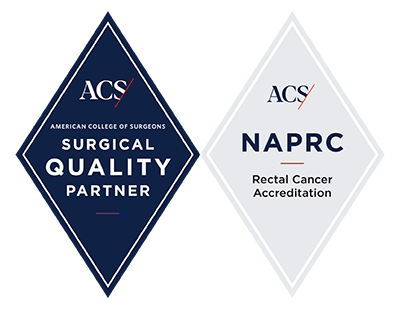Colorectal Cancer
Colorectal cancer, or colon cancer, is one of the few cancers we know how to prevent yet it's one of the leading causes of cancer death in the United States. Leading causes of colon cancer include changes to the DNA inside a person's cells but also lifestyle factors and conditions such as obesity, sedentary lifestyle, a diet high in red meats and processed meats as well as heavy alcohol use and smoking. Women are just as likely as men to get colorectal cancer. If you smoke or are very overweight, you are also more at risk.
A routine colonoscopy (colon exam) can often detect colon polyps or abnormal growths in the large intestine, which can be easily removed before becoming cancerous. This routine exam is recommended for men and women starting at age 45, but people often put it off and polyps go undetected until cancer has formed and sometimes spread to other areas of the body. If you are worried about colon cancer but are concerned about getting a colonoscopy, be sure to read these frequently asked questions about colonoscopy and talk to your doctor about your concerns.
